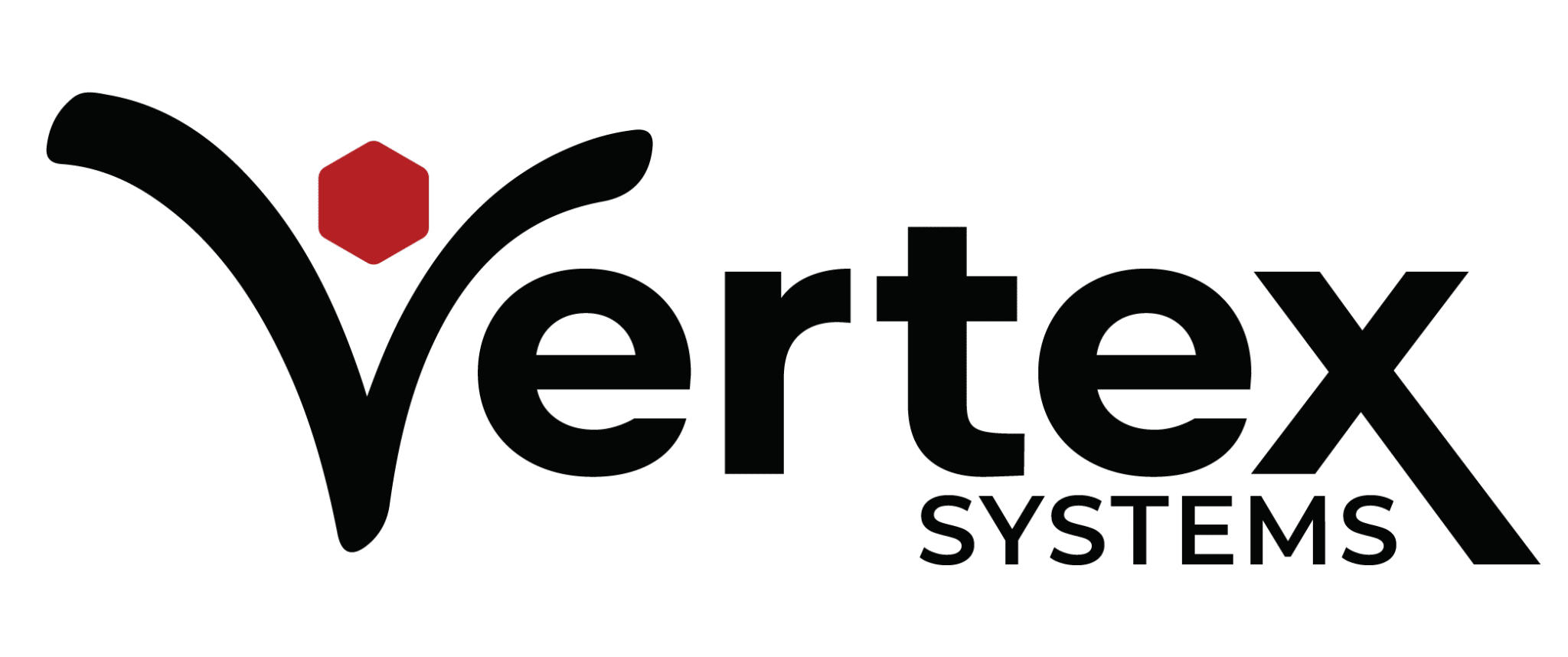Each year, changes occur throughout every industry to adapt to new technologies, ways of life or even global pandemics. In the healthcare industry, IDD and Rehabilitation facilities are no different. In this article, we will highlight changes that our team has seen, other changes that are in transition and also possibilities that are foreshadowed amongst industry experts.
Classification of ASD in the DSM-5
For those who provide services to persons on the autism spectrum, there’s been a recent change to the classification of ASD in the DSM-5. According to the Association for Science in Autism Treatment (ASAT), the manual previously was noted as stating, “associated with another neurodevelopmental, mental or behavioral disorder.” The manual now defines ASD as, “associated with a neurodevelopmental, mental, or behavioral problem.”
The new release of the DSM-5 also includes a name change. Intellectual disability is now labeled “intellectual developmental disorder (intellectual disability)” which aligns more closely to the World Health Organization’s disease classification system that uses the term “disorders of intellectual development.”
Industry Growth and Fluctuation
In the United States, intellectual and developmental disability services providers should see an increase in the growth of the industry mostly due to the increasing prevalence of intellectual and developmental disabilities. Additionally, there has been an increase in residential care needs. These individuals will look for more opportunities in the workforce, assistance with healthcare and the education and awareness of disabilities will have to increase due to more diagnoses.
Changes Due to COVID-19
The first cases of COVID-19 were found just over two years ago. While the cases have dropped significantly, the aftermath of COVID-19 is something that remains pertinent in the healthcare industry. The Centers for Disease Control and Prevention has recently stated that those with intellectual and developmental disabilities have an elevated risk of severe disease from COVID-19.
“People with some types of disabilities may be more likely to get very sick from COVID-19 because of underlying medical conditions, living in congregate settings, or systemic health and social inequities,” the latest guidance states.
In the IDD and Rehabilitation industry, you may see changes this year and in the future due to the aftermath of the pandemic.
Supports Intensity Scale-Adult Version® (SIS-A®)
The American Association on Intellectual and Developmental Disabilities (AAIDD) recently announced plans for the Supports Intensity Scale-Adult Version® (SIS-A®), Second Edition. You may already use the SIS-A to identify and measure the support your clients require. The information that is collected as part of the SIS-A allows for implementation of focused person-centered plans to ensure your clients obtain the best possible outcomes. The updated version is expected early 2023.
The 21st Century Cures Act
In 2020, a Federal Electronic Visit Verification (EVV) Mandate was passed, however, only a few states met the deadline, pushing for a one-year extension to implement Electronic Visit Verification Requirements.
With that being said, per-State EVV compliance is a constantly-evolving situation. The 21st Century Cures Act has outlined several EVV models states can choose from. In our blog, EVV by State: A Guide to Electronic Visit Verification Compliance, we highlight what the requirements are for each state.
Over the next year or two, these changes will come into fruition and it is critical to be aware of how they might impact not only your agency, but those who you serve. Take time to stay up-to-date on industry trends, news and highlights. Looking to learn more about an IDD solution that can solve your pain points? Contact our team at Vertex today.


